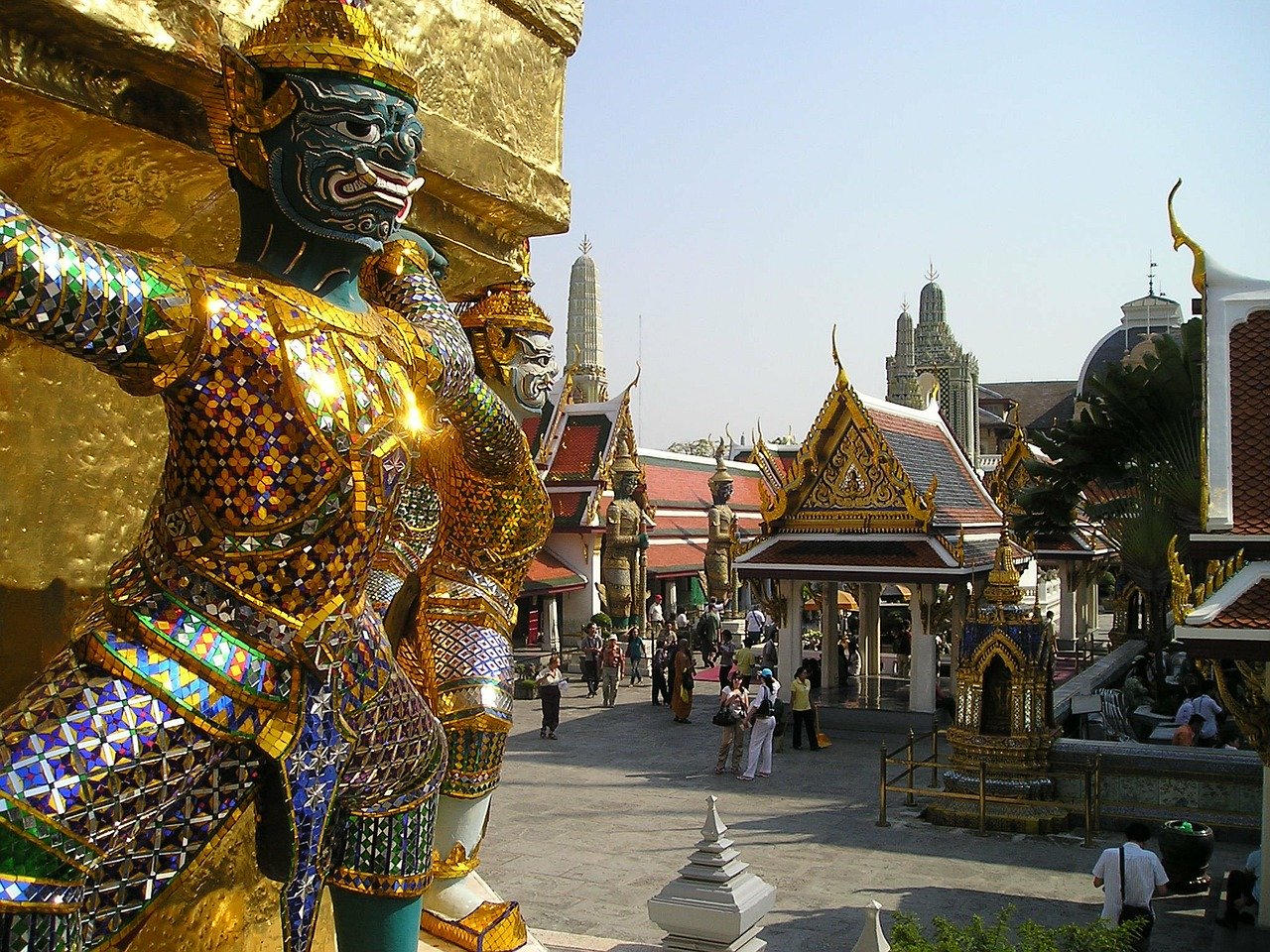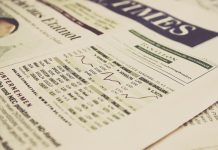
Political issues affect Southeast Asia's economic recovery from the coronavirus pandemic, according to an expert.
The political tensions subsided for a while when governments around the region imposed lockdowns to contain the spread of the virus.
Simon Tay, chairman of think tank Singapore Institute of International Affairs, said that the political instability will return once the measures are loosened and domestic politicking recommences.
“There is a concern that without political will and unity, some countries are going to be much worse off. It’s not a health concern, this is really economic, governance et cetera,” he said during CNBC’s “Squawk Box Asia.”
Tay, who’s also a law professor at the National University of Singapore, considered Malaysia as an example of a country where politics could hinder its recovery. The country had changed its government shortly before it implemented a lockdown in March.
However, there has been an issue about the stability and legitimacy of the new government. Several media outlets announced that a snap election could soon be held for the ruling coalition to make a new mandate.
“There are lots of different politicking about small issues but it adds up to a big question mark about the political stability and the political attention to dealing with both economic and other (issues),” said Tay.
“And Thailand next door — large economy for our region — they’re having the same problem: the economic team is gone, another’s being ushered in. But the contraction of the economy is very real, very now,” he noted.
Several Thai ministers issues their resignation last month, including the country’s main economic architects. New ministers have been assigned but the change has happened at a time when the Thai economy has been hit by the coronavirus pandemic.
Malaysia and Thailand have experienced a slowdown in daily new coronavirus cases, according to data compiled by Johns Hopkins University.
However, some economists noted that most countries in the region would still find it challenging to boost their economies with the global uncertainties regardless of how they managed the coronavirus outbreak.
Nomura’s chief Asean economist, Euben Paracuelles, said that Southeast Asia's economic recovery could be a “U-shape” at best. A U-shape recovery happens when an economy lingers at the bottom of a recession before it rebounds.
In July, the International Monetary Fund or IMF predicts that the Asian economy will experience contraction and wane this year “for the first time in living memory.”
IMF believes that recovery may take years, adding that the Asian economy may have contraction by 1.6% this year. This is a downgrade from its last prediction of no growth in April.
During an interview with CNBC’s “Squawk Box Asia,” Changyong Rhee, director of the Asia and Pacific department at IMF, explained that the region remains in a better shape compared to other parts of the world. However, Asia’s growth becomes difficult due to a weaker global economy.
He noted that “Asia cannot be an exception” when the whole world is absorbing the economic damage brought by the coronavirus pandemic. The IMF last month reduced its forecasts for the global economy. It could decline by 4.9% this year before recuperating to increase by 5.4% next year, according to Rhee.
Moreover, Rhee pointed out that the economy of Asia would recover strongly to make a 6.6% growth next year. But he stressed the level of economic activity in the region being lower than what IMF had predicted before the pandemic.






